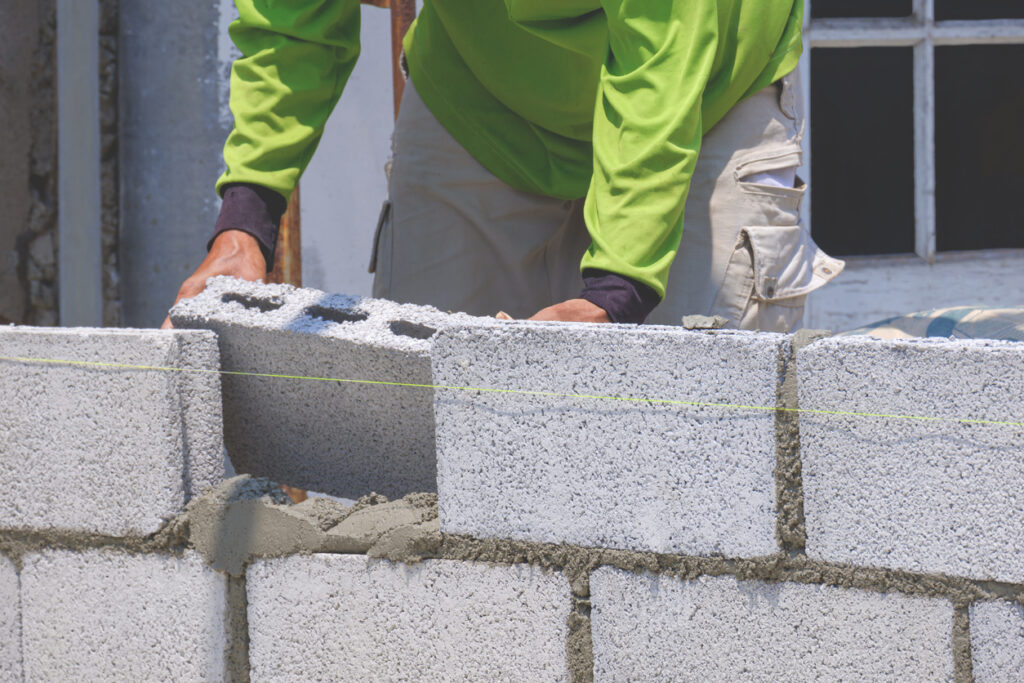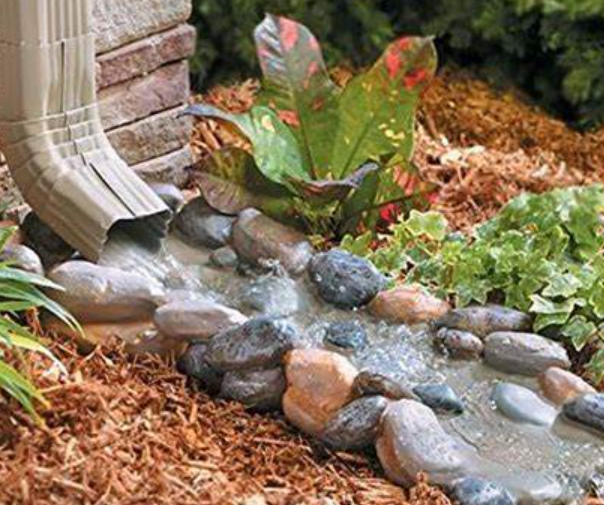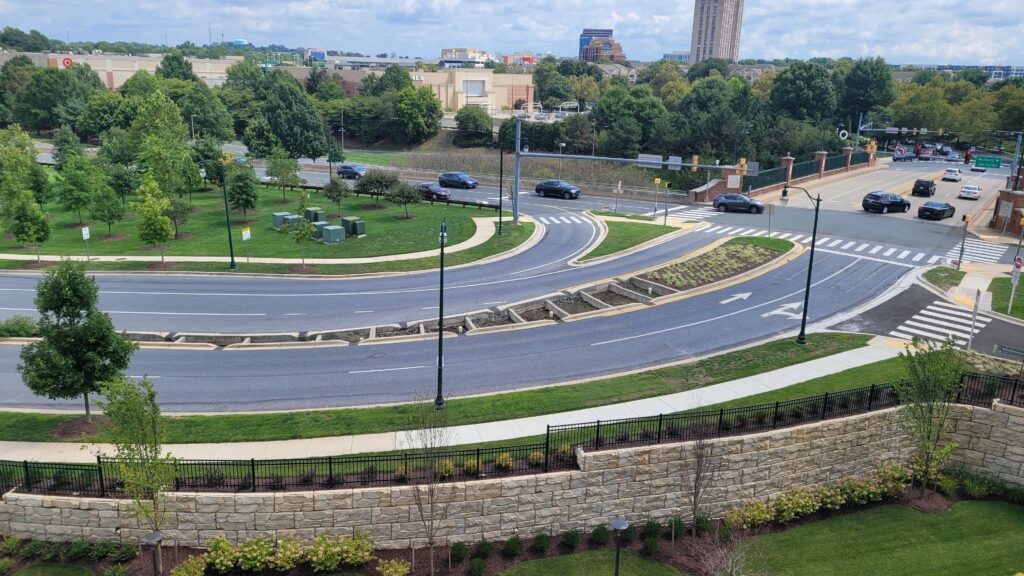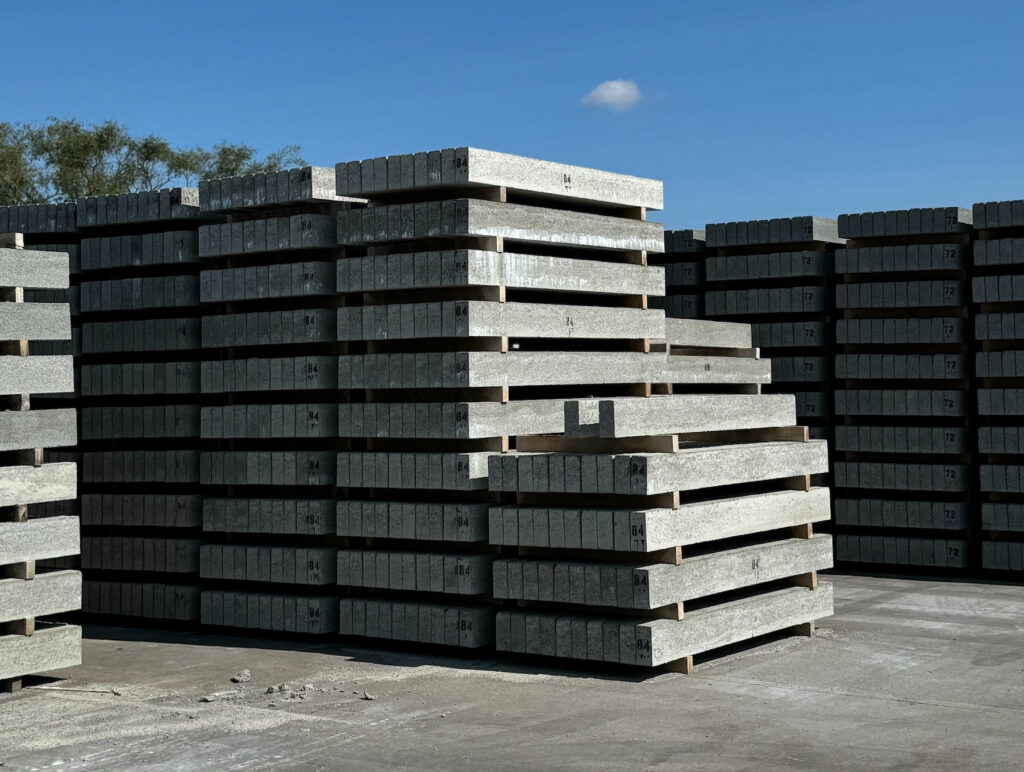Permeable Interlocking Concrete Pavement Explained
Permeable interlocking concrete pavers (PICP) are revolutionizing the way developers and builders approach stormwater management and sustainable site development. As environmental regulations tighten and the search for eco-friendly building solutions intensifies, PICP stands out as a versatile, durable, and cost-effective option. This article explores more into the composition, benefits, and applications of permeable interlocking concrete pavement, providing essential insights for those exploring modern construction materials.
What is Permeable Interlocking Concrete Pavement?
Permeable interlocking concrete pavement consists of solid concrete pavers separated by joints full of small stones. This unique structure allows rainwater to pass through the joints and into an open-graded base of crushed stone beneath, devoid of small or fine particles. The crushed stone layer stores water and gradually infiltrates it back into the soil, offering a practical solution for stormwater management. The stones within the joints not only facilitate permeability and provide structural strength but also act as a filter, reducing pollutants and recharging groundwater.
Why Choose PICP?
Environmental Compliance and Stormwater Management
Federal, state, and local regulations increasingly mandate sustainable site practices (green infrastructure) to mitigate the environmental impact of urban runoff. Traditional stormwater management strategies, such as detention ponds, are being supplemented or replaced by solutions like PICP. By facilitating on-site stormwater infiltration, PICP reduces the need for extensive stormwater infrastructure, contributing to a more sustainable and cost-effective development.
Aesthetic Versatility
Beyond its functional benefits, PICP offers a range of shapes, colors, textures, and patterns, allowing it to complement any architectural style. This versatility makes PICP an attractive option for patios, walkways, driveways, and community roads, enhancing the aesthetic appeal and character of residential and commercial spaces.
Construction Efficiency
PICP can be mechanically installed, saving significant construction time and labor costs. Precast concrete paving units are ready for immediate use post-installation, eliminating the downtime associated with curing traditional concrete.
Cost-effectiveness and Reduced Site Impact
PICP serves a dual function as both pavement and stormwater management system, eliminating the need for separate detention areas and thereby conserving valuable land. This efficiency translates into lower drainage costs and allows for more green space or additional development within the same property.
Durability and Longevity
Constructed from high-strength compressed concrete, PICP is resistant to abrasion, freeze-thaw cycles, and damage from de-icing salts. Its stability and durability ensure a service life of 20 to 25 years with proper maintenance, making it a reliable choice for harsh climates.
Low Impact Development (LID)
PICP is a cornerstone of LID, a strategy aimed at minimizing environmental impacts and preserving water and air resources. By enabling on-site stormwater infiltration, PICP plays a crucial role in reducing runoff in residential and commercial developments, supporting the broader goals of sustainability and conservation.
Snow Removal and Safety
PICP surfaces are capable of being plowed like any other pavement, with the added benefit of reduced ice build-up. The permeable surface allows snowmelt to drain, minimizing re-freeze and reducing slip hazards. This feature is particularly appealing in areas prone to heavy snowfall, offering a safer, more manageable winter pavement solution.
Sustainable Pavement for Green Design
PICP aligns with the growing demand for sustainable construction practices. Its ability to reduce stormwater runoff and pollutants, combined with the use of light-colored materials to minimize the urban heat island effect, positions PICP as a strong choice for green design certifications. The incorporation of recycled materials further enhances its environmental credentials, making PICP an exemplary model of sustainable pavement technology.
Why to Not Choose PICP?
Maintenance
The bane of most PICP systems is that the pre-clogged stone joints clog quickly. This can happen very quickly after install, negating much of the environmental benefits. The 2nd generation of permeable pavement (PaveDrain a P-ACB system) is designed to have all of the aforementioned benefits, but also be low maintenance.
Loading
PICP are rated for light to medium duty traffic. However, most drivers assume all roads are the same. If you need a system rated for trash trucks, buses, and fire trucks you should step up to PaveDrain HD.
Permeable interlocking concrete pavement offers a multifaceted solution to modern construction challenges. Its environmental benefits, combined with aesthetic flexibility, durability, and cost-effectiveness, make it an attractive choice for developers and builders committed to sustainable development practices.

Hardscape SalesMike Schmidt
Latest News

How Long Does Type S Mortar Take To Cure?
Like all mortars, Type S mortar requires careful attention during the curing process to reach its full strength. This isn’t […]

Decorative Downspout Splash Block Ideas For A Stylish Exterior
Creating a stylish exterior involves paying attention to the smallest details, and downspout splash blocks can make a surprising difference. […]

A Stormwater Compromise to Nowhere
I went to visit my grandmother at her new apartment and drove past an atrocity of a stormwater/transportation compromise. It […]

Choosing The Right Size: Your Essential Concrete Lintel Size Guide
Choosing the right size for a concrete lintel is a critical decision that can significantly impact the structural integrity of […]
